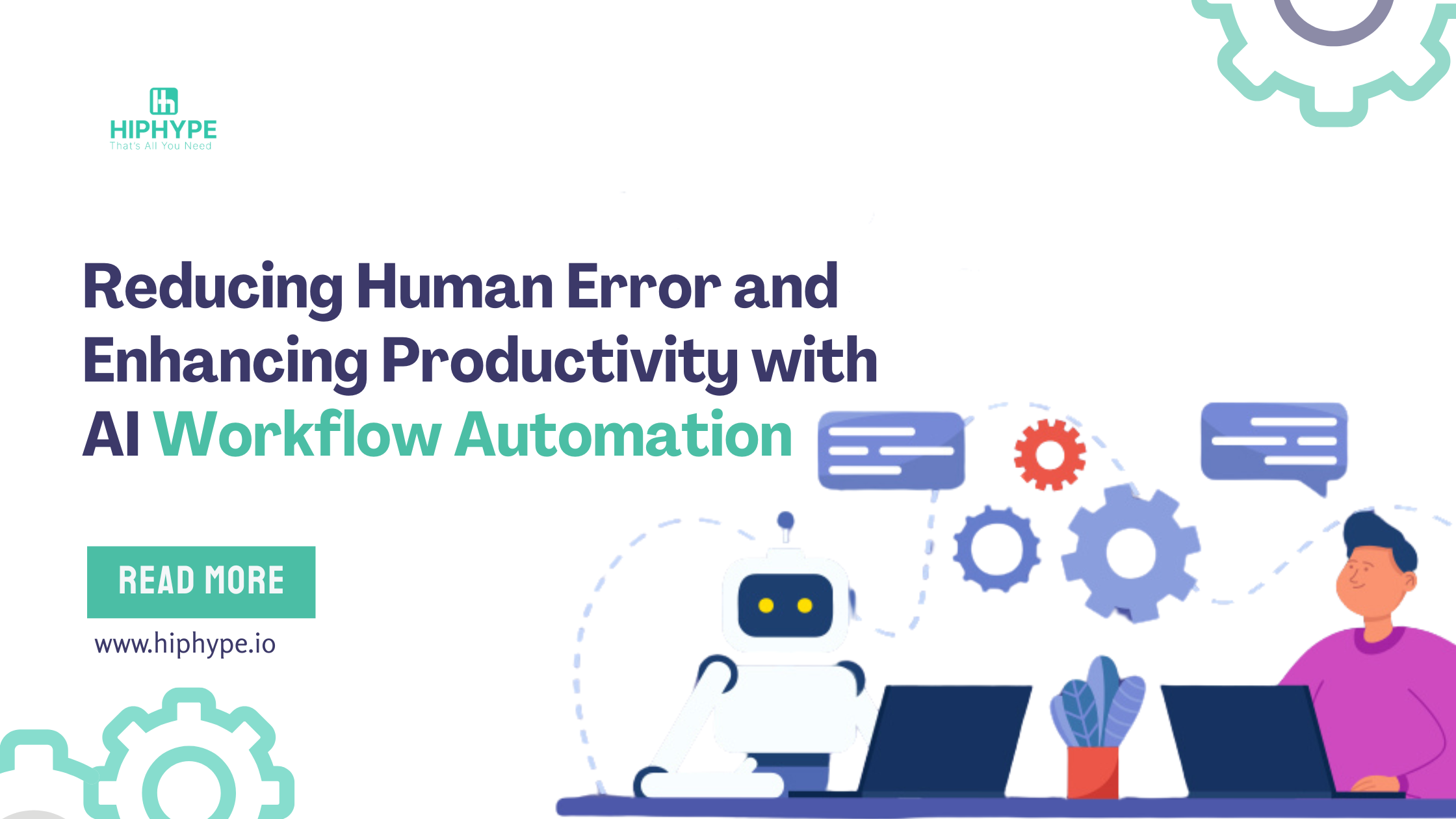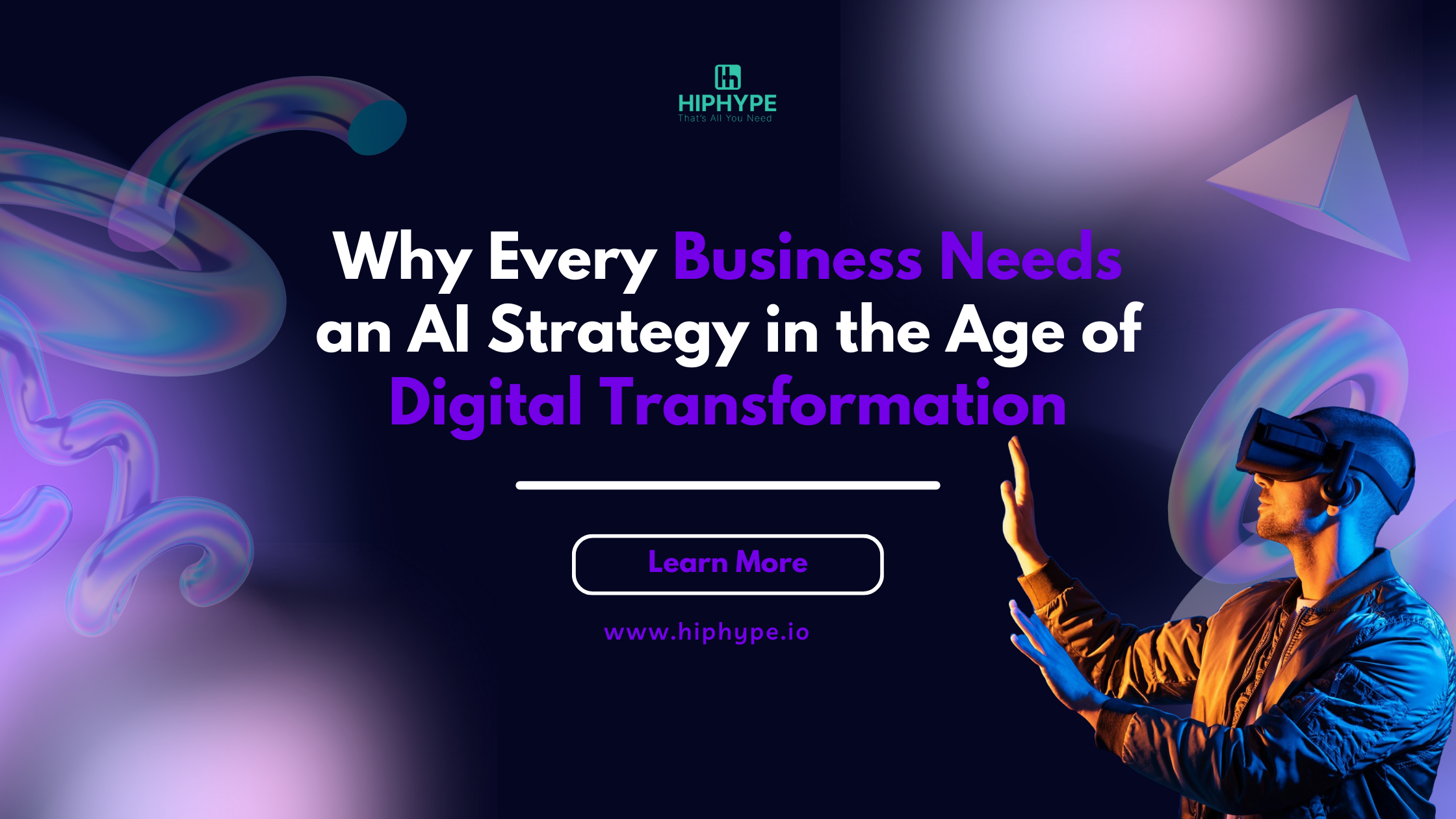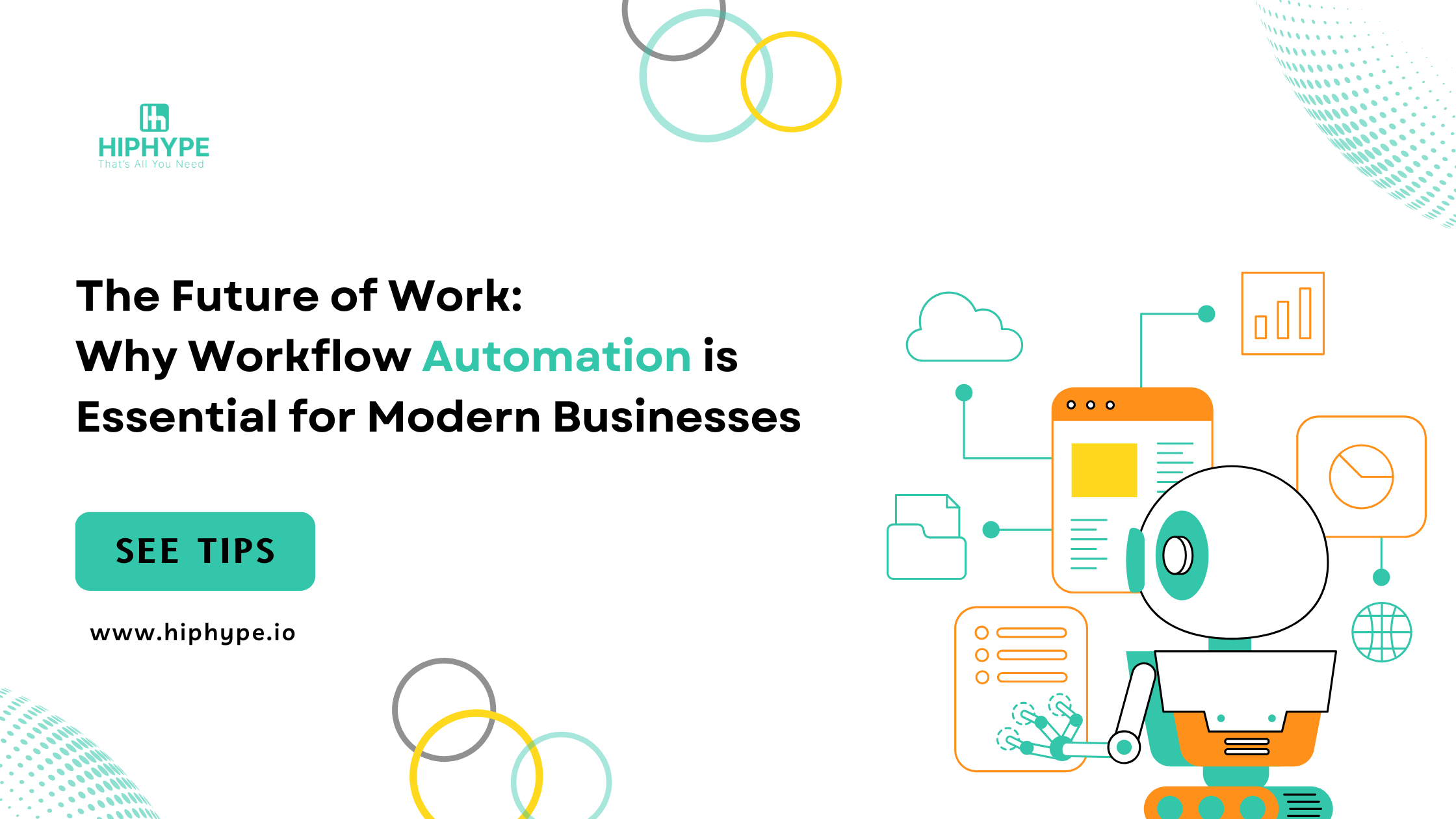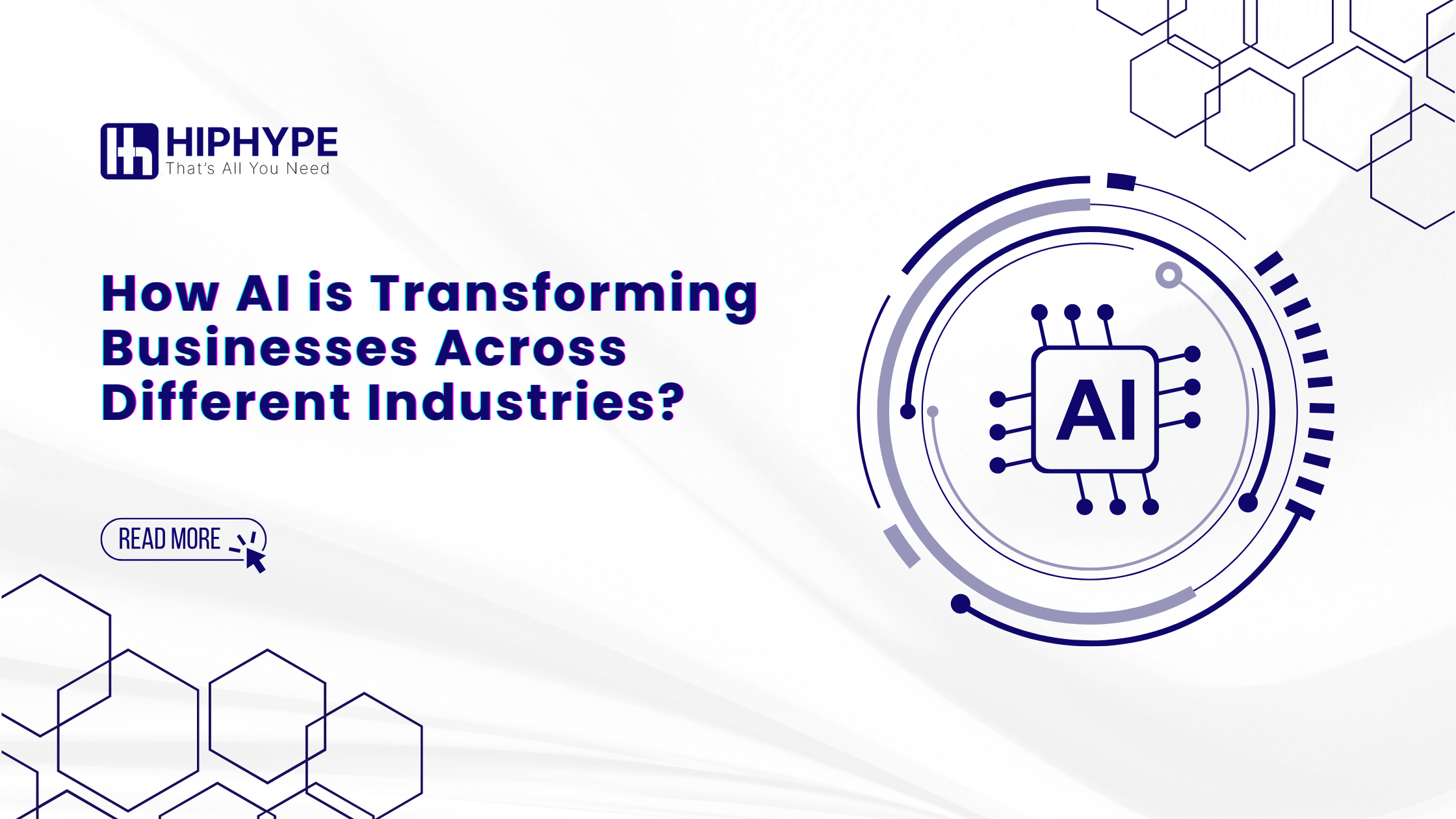Introduction
In today’s fast-paced business environment, human errors can lead to costly mistakes, inefficiencies, and loss of productivity. With increasing workloads and complex business processes, organizations are turning to workflow automation to streamline operations, reduce manual errors, and improve efficiency. The integration of AI-powered workflow automation is revolutionizing industries by automating repetitive tasks, ensuring accuracy, and optimizing business processes.
AI workflow automation not only reduces the risk of human error but also enhances decision-making capabilities by analyzing large sets of data and providing real-time insights. From finance to healthcare, marketing to manufacturing, AI-driven automation is transforming the way businesses operate. This blog explores how workflow automation software powered by artificial intelligence is reshaping industries, minimizing errors, and boosting productivity.
Understanding AI-Powered Workflow Automation
AI-powered workflow automation involves using artificial intelligence and machine learning algorithms to automate and optimize repetitive business processes. Unlike traditional automation, which relies on rule-based programming, AI-driven automation adapts to changing scenarios, learns from data, and continuously improves processes.
Key Components of AI Workflow Automation:
- Machine Learning Algorithms: Analyze historical data to predict and automate future processes.
- Robotic Process Automation (RPA): Automates repetitive tasks such as data entry, document processing, and customer interactions.
- Natural Language Processing (NLP): Enhances communication-based workflows by understanding and processing human language.
- Decision-Making AI: Helps businesses make data-driven decisions by analyzing patterns and predicting outcomes.
- Integration with Cloud Platforms: Allows seamless access and automation across multiple applications and services.
How AI Workflow Automation Reduces Human Errors
Human errors are inevitable in manual processes. From data entry mistakes to missed deadlines, such errors can have significant consequences. AI-powered workflow automation software helps mitigate these issues in the following ways:
1. Eliminating Manual Data Entry Errors
Data entry errors are one of the most common mistakes in business operations. AI-based workflow automation eliminates this issue by automatically extracting, validating, and entering data with minimal human intervention.
2. Ensuring Compliance and Accuracy
Many industries, such as healthcare and finance, have strict regulatory requirements. AI-powered workflow automation ensures compliance by cross-verifying data, detecting anomalies, and reducing legal risks.
3. Reducing Operational Bottlenecks
AI workflow automation detects inefficiencies in processes and suggests improvements. It can analyze workflows, identify slow points, and recommend optimizations to improve overall efficiency.
4. Automating Approval Processes
Manual approval processes often lead to delays and inconsistencies. Workflow automation software automates these approvals, ensuring that documents move through the necessary channels without unnecessary delays.
5. Enhancing Decision-Making
AI-driven automation doesn’t just perform tasks; it also provides valuable insights. Businesses can leverage AI-powered workflow automation to analyze data, generate reports, and make informed decisions.
Enhancing Productivity with AI Workflow Automation
By automating repetitive tasks, AI enables employees to focus on more strategic and creative aspects of their jobs. Here’s how AI-powered automation enhances productivity:
1. Faster Task Execution
Automation speeds up processes that would otherwise take hours or even days if done manually. This means employees can complete their tasks in less time and move on to higher-value activities.
2. Streamlined Collaboration
With cloud-based workflow automation software, team members can seamlessly collaborate, share data, and manage projects efficiently.
3. Better Resource Allocation
Businesses can allocate human resources more effectively by allowing AI to handle repetitive and time-consuming tasks. This improves workforce efficiency and reduces burnout.
4. 24/7 Operations
Unlike human employees, AI-powered systems work around the clock, ensuring continuous workflow execution without the need for breaks or downtime.
5. Improved Customer Service
AI-powered workflow automation can handle customer inquiries, automate responses, and resolve issues faster, leading to enhanced customer satisfaction.
Industries Benefiting from AI Workflow Automation
1. Healthcare
- Automating patient record management
- AI-powered chatbots for patient inquiries
- Prescription automation and compliance tracking
2. Finance and Banking
- Fraud detection and prevention
- Automated loan processing
- Real-time transaction monitoring
3. Manufacturing
- Predictive maintenance for machinery
- Quality control automation
- Supply chain optimization
4. Retail and E-commerce
- AI-driven inventory management
- Automated order processing and fulfillment
- Personalized marketing campaigns
5. Human Resources
- Automated recruitment and resume screening
- Employee onboarding workflows
- Performance tracking and analysis
Challenges and Considerations in AI Workflow Automation
While AI-powered workflow automation software offers numerous benefits, businesses must address certain challenges:
- Implementation Costs: The initial investment in AI-powered solutions can be high.
- Employee Resistance: Some employees may fear job displacement due to automation.
- Data Privacy and Security: Businesses must ensure compliance with data protection regulations.
- Continuous Monitoring: AI systems require ongoing monitoring and updates to function optimally.
Conclusion
AI-powered workflow automation is transforming businesses by reducing human errors, optimizing processes, and enhancing overall productivity. By leveraging advanced workflow automation software, organizations can improve efficiency, ensure compliance, and make data-driven decisions. While challenges exist, the benefits far outweigh the drawbacks, making AI-driven automation an essential component for modern businesses.
As technology continues to evolve, businesses that embrace AI-based workflow automation will gain a competitive edge, achieve greater operational efficiency, and drive long-term success.





